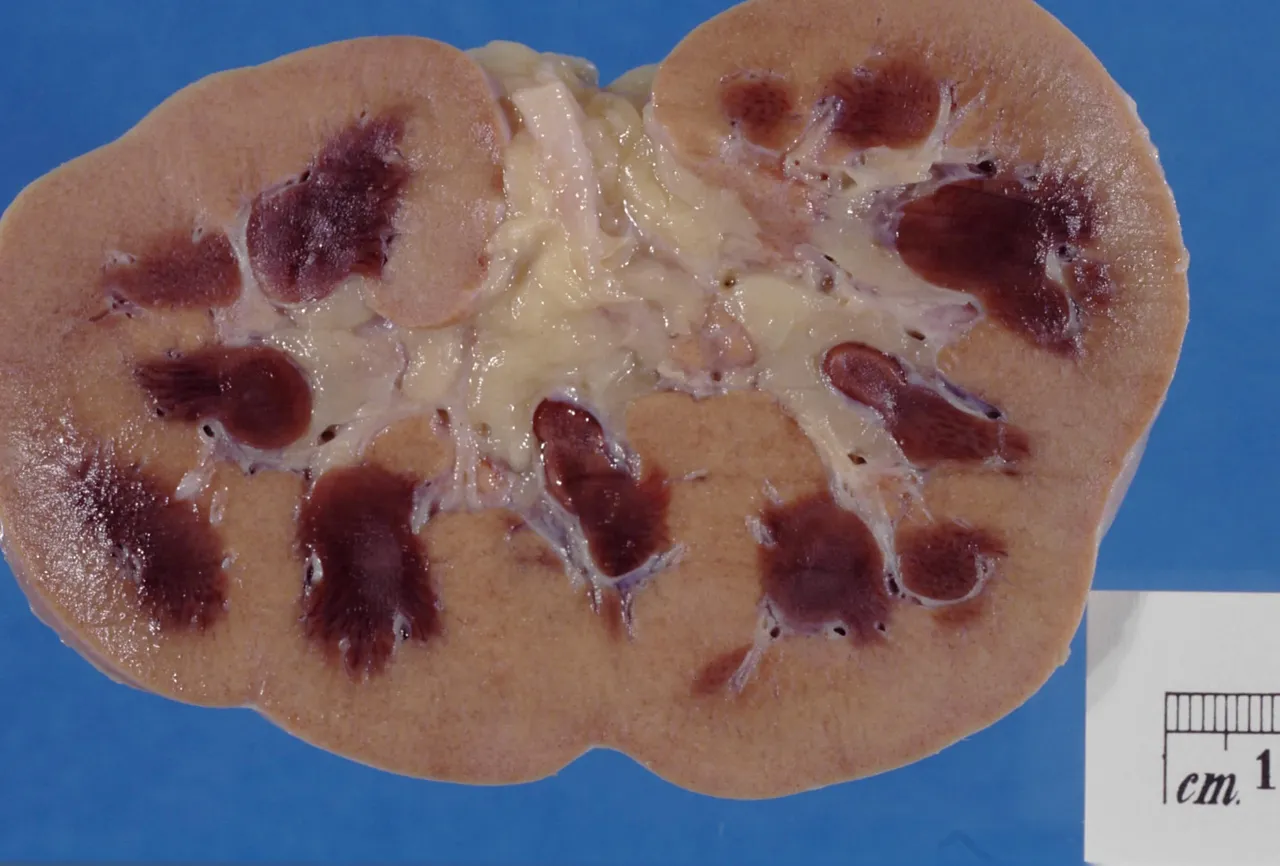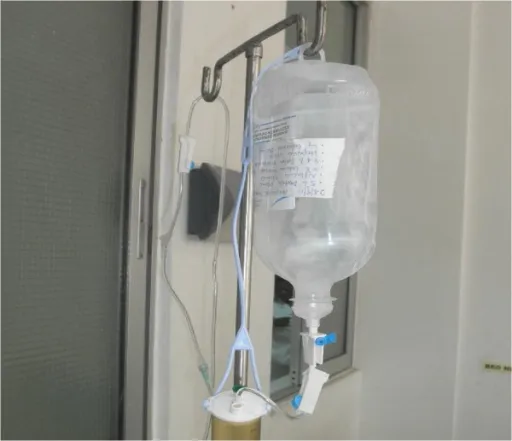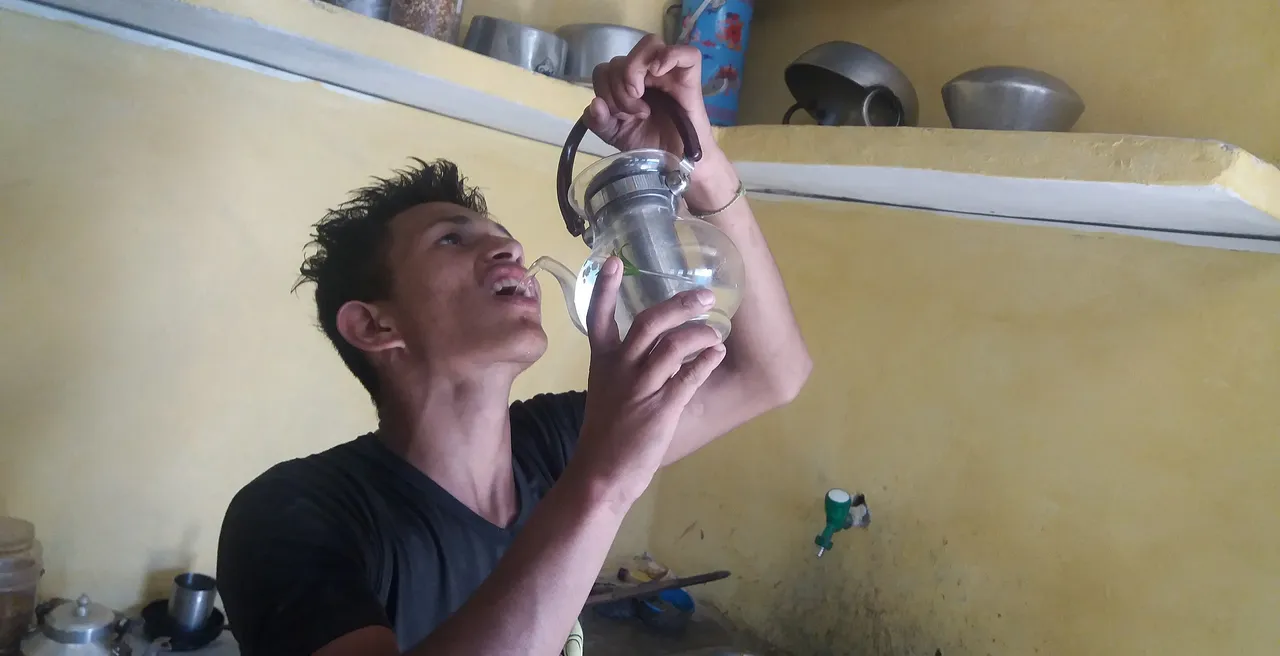
By Haymanj - Self-photographed, Public Domain, Wikimedia
The kidney is a vital organ in the body responsible for filtering waste products and excess fluids from our blood. However, certain circumstances may cause an unexpected malfunction in the kidneys, leading to a condition known as Acute Kidney Injury (AKI).
Acute Kidney Injury refers to a sudden and temporary loss of kidney function. It typically occurs within a short period, ranging from a few hours to a few days, and usually resolves if identified and treated promptly. AKI can affect individuals of all ages, ranging from children to the elderly, and often occurs in the hospital setting due to various medical interventions. What we refer to as iatrogenic causes.
Causes and Risk Factors:
AKI can be caused by a wide range of factors, including:
1.Dehydration: Insufficient fluid intake or excessive fluid loss, such as vomiting or diarrhea. We see this sometimes in patients who come with Acute Gastroenteritis.
2.Medications: Certain medications, like non-steroidal anti-inflammatory drugs (NSAIDs), antibiotics, or high blood pressure medications, may harm the kidneys.

By Francis Fredrick, Gudila Valentine, CC BY 2.5, Wikimedia
3.Infections: Severe infections, such as sepsis, may reduce blood flow to the kidneys.
4.Kidney damage: Physical injuries to the kidneys, such as from an accident or a direct blow, can cause AKI.
5.Medical procedures: Complications arising from surgery or the use of contrast dyes for imaging tests can trigger AKI.
Symptoms
Recognizing the symptoms of AKI can help identify the condition early. However, it is important to note that symptoms may vary depending on the individual and the underlying cause. Common signs and symptoms of AKI that these patients usually come with include:
1.Decreased urine output or changes in urine color, consistency, or smell.
2.Swelling in the legs, ankles, or face due to fluid retention.

By James Heilman, MD - Own work, CC BY-SA 3.0, Wikimedia
3.Fatigue, nausea, vomiting, or loss of appetite.
4.Shortness of breath and trouble sleeping.
- Confusion or reduced alertness.
Diagnosis and Treatment
To diagnose AKI, blood and urine tests are usually done to assess kidney function and determine the underlying cause Commonly we do Urinalysis and Serum electrolyte, urea, and creatinine. Imaging tests, such as ultrasounds or CT scans, might also be performed.
Treatment of AKI primarily focuses on addressing the underlying cause and providing supportive care to aid kidney recovery. This may include:
1.Ensuring adequate hydration through intravenous fluids like normal saline, ringers lactate, or oral rehydration solutions if the patient can take them orally.
2.Adjusting or stopping medications that may be harmful to the kidneys.
3.Managing underlying conditions, such as infections or high blood pressure.
4.Dialysis: In severe cases, the temporary use of a medical machine to remove waste products and excess fluids from the blood until the kidneys recover.
Prevention
While AKI may not always be preventable, there are measures you can take to reduce the risk. Drinking an adequate amount of water, maintaining a healthy lifestyle, and being cautious with medications can help protect kidney function, especially herbal medications in our environment and over-the-counter drugs.
It is also important to promptly address any severe infections or medical conditions.
In conclusion, Acute Kidney Injury is a condition characterized by a sudden loss of kidney function, which can lead to significant health complications if left untreated. Recognizing the symptoms, seeking immediate medical attention, and understanding the underlying causes are key steps in managing and minimizing the impact of AKI and its rising trend in our environment today.
By staying hydrated, adopting a healthy lifestyle, and being mindful of medications, you can promote your kidney health and reduce the risk of AKI.

By asnkhara - Own work, CC BY-SA 4.0, Wikimedia
Thanks!
References